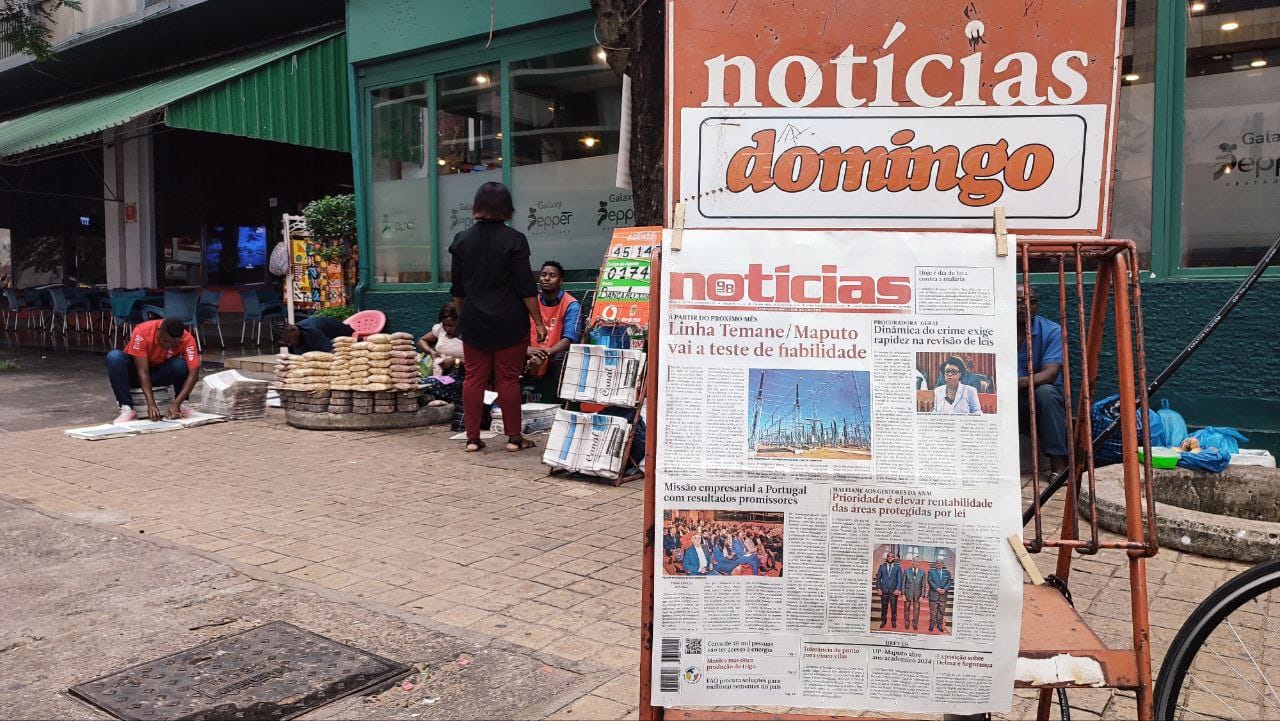ACLED records just seven political violence events in Nangade district so far this year. Of these, four have involved Islamist insurgents, the most recent being in May. This relative stability is an opportunity to consider what ‘normalization’ means in the current context, in terms of violence and security provision, and business and economic development. For many, violence is not absent from their lives. Economically, low levels of political violence may present an opportunity to capture significant rents, but may also highlight fault lines in the district.
This article was first published on 22 September 2023 as part of the Cabo Ligado Monthly: August 2023

Despite low levels of political violence, people in Nangade have not yet returned in significant numbers to their villages of origin. According to the International Organization for Migration’s (IOM) most recent survey, conducted in August 2023, there were 71,307 internally displaced people (IDPs) in the district. This is a significant reduction from June 2022’s high of over 116,000, but represents no significant change from February 2023, when 70,286 were recorded.
Just over 10,000 returnees were recorded in August, all within Nangade. The great majority of IDPs in Nangade, are from Nangade. Reluctance to return stems from fear of attacks from IS Mozambique. This is not unfounded. The insurgents’ approach to communities in Macomia – trade and some preaching, but always backed by a threat – has not been seen in Nangade. In three of the four recorded events involving insurgents in Nangade, they were targeting civilians.
IDPs are nevertheless trying to establish themselves in their places of origin. A humanitarian assessment conducted in August notes that since June, IDPs have been returning to their places of origin to clear land, maintain houses, and harvest crops. The assumption of an insurgent presence discourages further return.
The low level of permanent return within the district indicates that people sense a very real threat. This is shared by intervention forces within the district, which include Southern African Development Community (SADC) Mission in Mozambique (SAMIM) troops, and the Tanzania People’s Defence Force (TPDF) bilateral deployment. For the TPDF, this concern is also expressed on the Tanzanian side of the border, where a strong military presence is still maintained. The TPDF conducts firing exercises on the Tanzanian side to signal an aggressive presence. This creates anxiety in rural communities on both sides of the border, who are never sure if it indicates an actual engagement, or exercises. The most recent experience of such exercises was in Matchedje in Niassa province, where villagers fled their homes at the end of August having heard gunfire on the Tanzanian side of the Mkenda bridge that links the province, according to a local source.
The absence of political violence does not, of course, equate to an absence of violence in people’s lives. Last month’s humanitarian assessment also highlighted the violence faced by women from either their partners in the home, or from men in the host community encountered outside the home.
People coming from IDP centers to harvest cassava represent the district’s mostly peasant community. More valuable natural resources are cashew and timber, not controlled by the poorest in the community. Both are attracting renewed interest, and for both, Tanzania represents a significant market. In 2019, according to the Cabo Delgado provincial government, over half of the district’s cashew crop was exported illegally to Tanzania. With harvesting expected next month, Tanzania may well present the closest market.
Interest in commercial timber harvesting has already returned. According to a local source, one firm has already returned to the district. In the last week of August, the firm was, according to a local source, prevented by Local Forces from returning to the Nkonga area, where it had operations prior to the conflict. The reason given was concerns about a possible insurgent presence: Nkonga was long an insurgent stronghold.
Research from prior to the conflict shows that timber, too, has a well-developed market on the other side of the river, and well-developed systems for avoiding border checks, and questions of origin. Investigations by MediaFax’s sister newspaper Savana in 2020 also revealed the political connections in illegal timber exports from Cabo Delgado, this time to China.
It may be significant that it was Local Forces that stepped in to prevent the return of commercial logging to Nkonga. The trade is valuable, and the most powerful conflict actors in the province now control access to the resource and, as with cashew, its movement out of the district.










